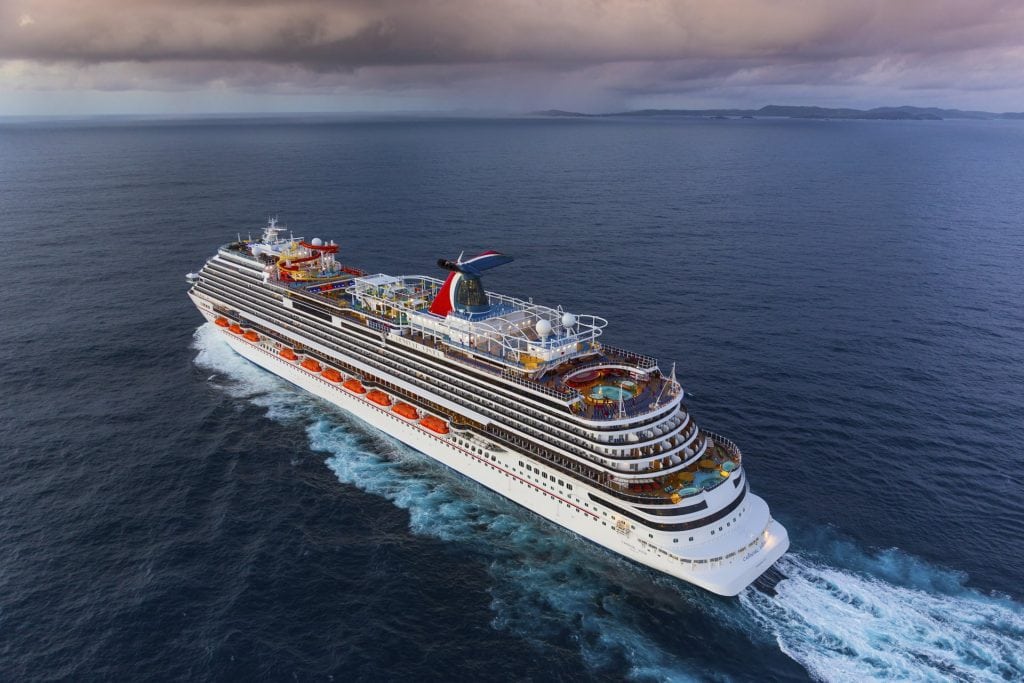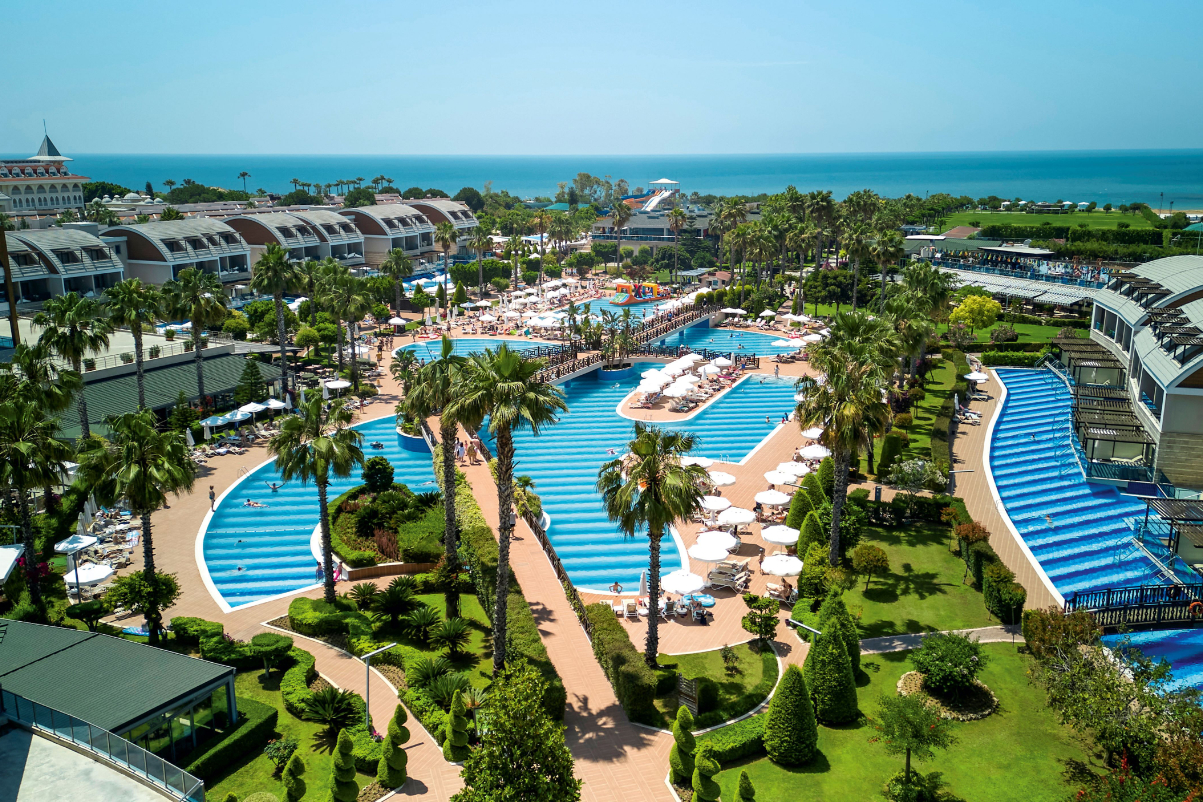Carnival Sells 8 Percent Stake to Saudis After Dire Financial Warning

Skift Take
Carnival Corp. stealthily filed its first quarter earnings on Friday, giving insight into a company on its knees as it faces an unprecedented crisis, and disclosing a long list of risk factors to its business going forward.
The world's largest cruise company — which has found itself at the epicenter of the Covid-19 crisis with incidents across its fleet — paused sailings on Mar. 13 after both the U.S. State Department and the Centers for Disease Control advised against cruising. It has approximately 6,000 passengers on vessels still at sea, which it is struggling to find ports for, creating a PR nightmare as well as a genuine risk of life to crew and passengers on board.
The company's share price has been down 80 percent since the beginning of the year. On Monday, shares jumped 25 percent when Saudi Arabia's public investment fund took an 8.2 percent stake in the company.
Get the Latest on Coronavirus and the Travel Industry on Skift's Liveblog
"We have never previously experienced a complete cessation of our cruising operations, and as a consequence, our ability to be predictive regarding the impact of such a cessation on our brands and future prospects is uncertain," Friday's filing read. "In particular, we cannot predict the impact on our financial performance and our cash flows required for cash refunds of deposits as a result of the pause in our global fleet cruise operations, which may be prolonged, and the public’s concern regarding the health and safety of travel, especially by cruise ship, and related decreases in demand for travel and cruising."
The Friday afternoon filing was not prefaced with any advance notice to investors or press, nor has a time for an earnings call been announced to discuss the results. Both depart from norms for public companies issuing Securities and Exchange filings. Carnival told Skift on Monday that an earnings call for its first quarter — which ended on Feb. 29 — has not yet been scheduled.
Profit fell from $336 million in the first quarter of 2019, to a loss of $781 million in the first quarter of 2020. Earnings per share were a negative $1.14, compared to $0.48 in the same period last year. The company said that not only were forward bookings for the remainder of 2020 "significantly behind the prior year," but that even bookings for the first half of 2021 are down. It reported having $4.7 billion in customer deposits as of Feb. 29.
It's worth noting that the period covered by the filing is before the cruise industry suspended all voyages in mid-March. The company still generated $916 million in cash from its operating activities during the first quarter, indicating that its losses in the second quarter — during which no cruises are likely to sail — could be much steeper.
The company is scheduled to take delivery of 16 new vessels through 2025 — with four of those due this year, now likely delayed, according to the report. The company — which was left out of the U.S. government's bailout bill — is seeking to raise $6 billion cash, after already maxing out a $3 billion credit facility. It estimates that it needs $1 billion in cash per month to continue operations.
The risk factors listed on the report make for stunning reading, and range from being unable to accept government assistance "without adversely [impacting] our business and operations," to the lawsuits from passengers onboard the Grand Princess, who are arguing the company did not notify them of prior cases on board the ship, as well as other potential coronavirus-related suits.
The filing also named the company's ongoing probation obligations for environmental crimes, the result of a plea agreement with the U.S. Department of Justice. "We remain fully committed to satisfying those obligations. However, COVID-19 presents enormous challenges for the Company, which could result in material adverse impacts."
Then there is mammoth price tag of bringing ongoing cruises to a safe conclusion, which it intends to complete by the end of April; repatriating guests to their homes all over the world; assisting crew who are unable to return home with finding food and housing; sanitizing ships; and enacting new hygiene measures onboard. New health and hygiene requirements imposed by regulators could "may be costly and take a significant amount of time to implement across our global fleet cruise operations."
Lastly, there's the optics, which cast genuine doubt on the idea that cruising will bounce back as a sector in the same way that, say, hotels and airlines might once the crisis has abated.
"Due to the outbreak of COVID-19 on some of our ships, and the resulting illness and loss of life in certain instances, we have been the subject of negative publicity which could have a long term impact on the appeal of our brands, which would diminish demand for vacations on our vessels. We cannot predict how long the negative impact of recent media attention on our brands will last, or the level of investment that will be required to address the concerns of potential travelers through marketing and pricing actions."




